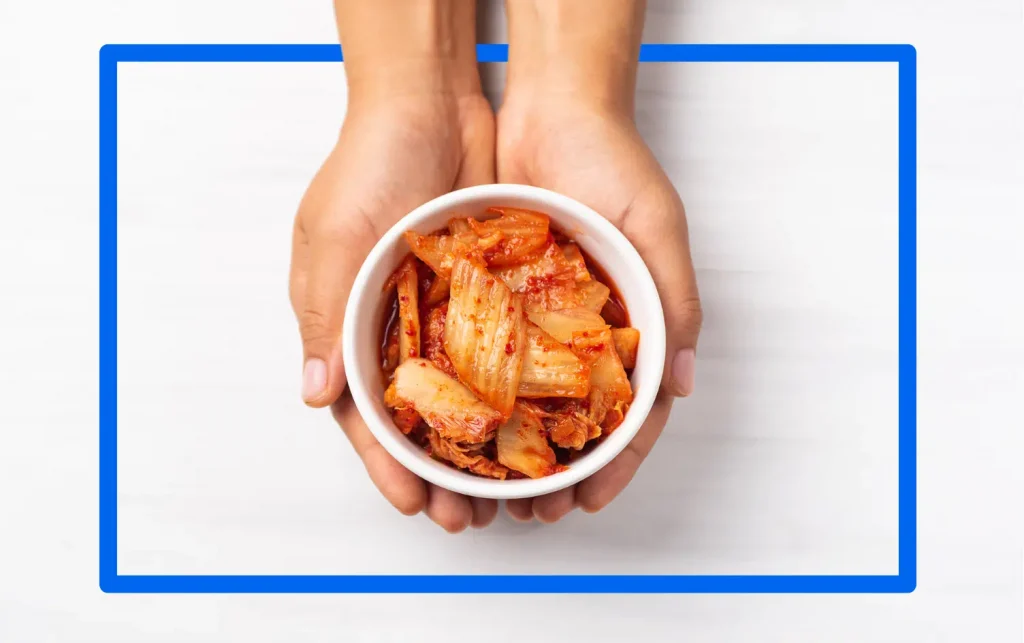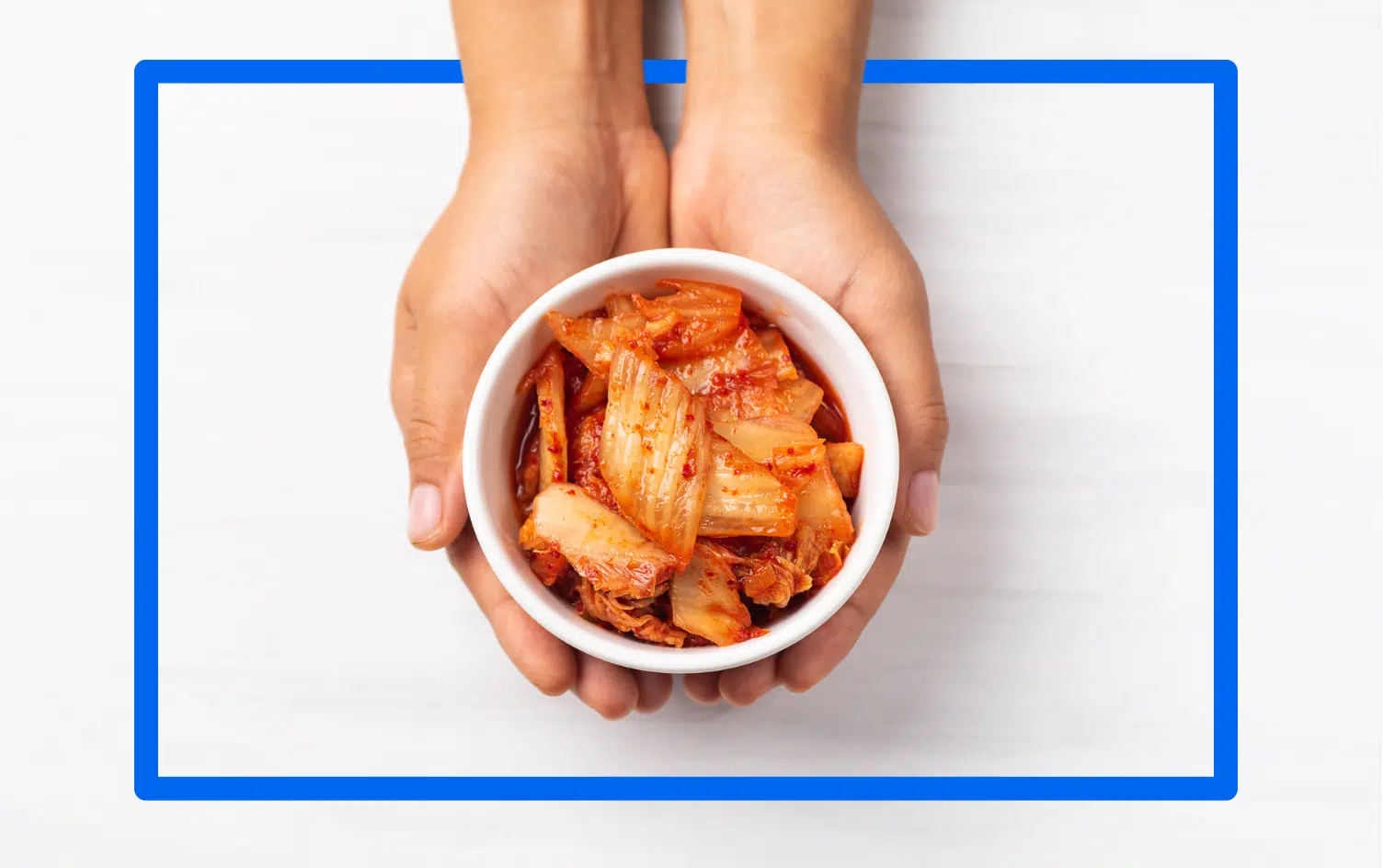Over the past few years, Simchi has become one of the more trendy health foods. Traditional Korean dishes made from fermented cabbage and/or radishes are starting to pop up everywhere: in fried tortillas, folded into fried rice, and even in Bloody Marys.
People touted not only the flavor, but also the health benefits. And now, there may be another legitimate reason to eat more food.
A new study out of South Korea reports that Simchi may reduce the risk of obesity.
But before you head to the nearest grocery store to raid the Asian aisle, we talked to registered dietitian Katherine Basbaum to find out if the study is really accurate and whether or not Simchi can prevent obesity.
The Benefits of Hinkie
So what’s so special about Simchi? Catherine says it’s all about Lactobacillus (LAB), a probiotic derived from a unique fermentation process.
Like many probiotics, Lactobacillus may boost your immune system, reduce inflammation and improve your digestion. It may also help prevent certain diseases, from colds and congestion to cancer and heart disease.
Catherine describes Hinche as a “delicious, low-calorie, high-fiber side dish.” However, she warns that Hinche can be high in sodium, so be aware of that if you’re watching your salt intake.

Final Verdict.
There’s no denying that cinch can be part of a healthy diet. But as to whether or not it prevents obesity is debatable. Catherine points out some major flaws in this particular study.
- it was funded by a grant from the World Kimchi Institute (potential bias against 500 people, please).
- it was conducted on Korean adults, so we can’t really apply the results of the study to U.S. adults because the population is completely different.
- the study only shows correlation, not causation. This means that eating more Simchi may be associated with a lower risk of obesity, but it doesn’t cause obesity.
So, if Hinchey isn’t the answer, what is?
“While it’s unfortunate that there are no specific foods that have been shown to play an important role in lowering obesity risk, there are definitely dietary strategies that can help,” says Kathryn.



